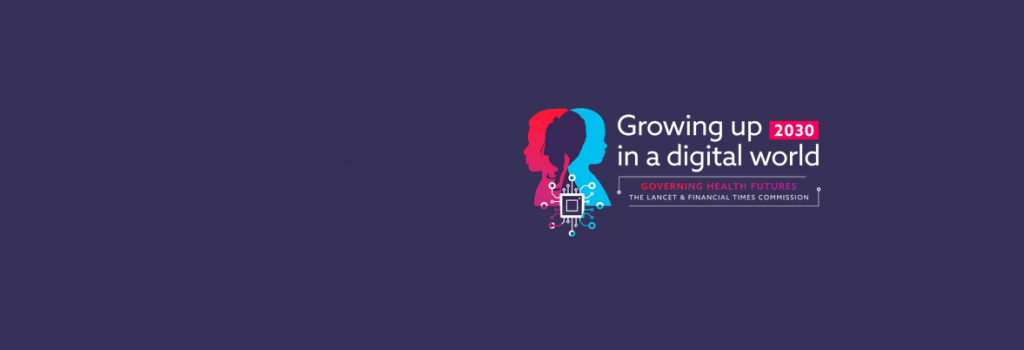This Commission will explore the convergence of digital health, artificial intelligence, and other frontier technologies with universal health coverage, focusing on the health of children and young people. The Lancet are the convenors of the Commission, and the Financial Times will support the Commission by hosting parallel convenings with the business community, which can inform the findings of this work.
Given its crosscutting nature, the Commission is supported by independent Commissioners with expertise across medicine, social sciences, e-health, big data analytics, mental health, policy, economics, research, and more. The Commission is co-chaired by Professor Ilona Kickbusch, Chair of the International Advisory Board at the Global Health Centre of The Graduate Institute for International and Development Studies in Geneva, Switzerland, and Dr Anurag Agrawal, Director of the Institute of Genomics and Integrative Biology in New Delhi, India.
“The digital transformation is proceeding at an enormous speed, and we have found, in the lead up to the Commission, that children and young people are practically invisible in a lot of this discussion. We feel that their rights, their health, and their future need to be discussed, also with children and young people themselves,” Kickbusch said.
The Commission will look particularly at children and young people in a digital age, seeking to identify specific instruments to safeguard their rights, as well as opportunities to engage in this discussion. More than three billion people are under the age of 30, and 1.8 billion of these people are between the ages of 10 and 24. These young people may be the first to demand and gain a clear set of rights in relation to rapid technological development for their health and well-being.
In attendance at the launch, German Federal Minister of Health Jens Spahn said, “Digitalisation in health care is a key topic on the national and global agenda. New digital technologies open up a variety of opportunities with the potential to enable access and improve the quality and efficiency of health care worldwide. That is why Germany is currently putting in a lot of effort to take up speed in the national implementation process to introduce our Digital Health Infrastructure. Our aim is to create a digital ecosystem which brings different sectors and views together. The international and interdisciplinary composition of the Commission reflects this integrated approach. We are pleased to host their first meeting in Berlin.”
Integration of digital technologies and artificial intelligence to support the achievement of universal health coverage and health equity is a consideration of the Commission, as well as investigating the concerns about data ownership and privacy.
"Equitable opportunity for accessing and using health data, while respecting individual privacy, is central to providing effective and universal health coverage at a global scale. The guiding principle of such data democratization should be - of the people, by the people, for the people,” said Agrawal, who also spoke at a pre-launch panel on ‘Health Data as a Global Public Good’ at the World Health Summit on Tuesday, 29 October.
The Commission is hosted by the Global Health Centre and funded by the Children’s Investment Fund Foundation, Fondation Botnar, and the Wellcome Trust.


